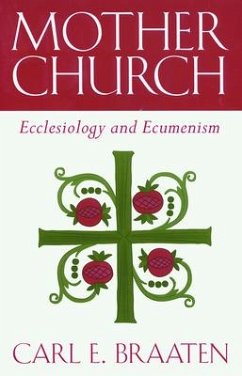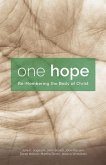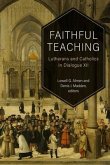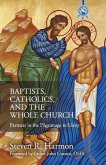Carl Braaten here issues an energetic call for a truly ecumenical church, including a Lutheran rationale for recovery of the historical episcopacy and papal primacy as servants of the gospel. Quoting Augustine's dictum that "You cannot have God for your father unless you have the church for your mother, " Braaten writes of the church's place in the divine scheme of things and of the various modernisms that distort or hide the classical Christian tradition. Tracing his own ecumenical journey, he outlines an ecclesiology of communion and advances specific proposals for enhancing Christian unity in liturgy, spirituality, and church polity. The confessing movement named after Martin Luther he views in terms of its basic intent to reform and renew the church, not to start a new Christianity in a multiplicity of separate denominations. Vigorous, provocative, well and clearly argued, Braaten's case is a formidable and timely contribution to the ecumenical debate.
Hinweis: Dieser Artikel kann nur an eine deutsche Lieferadresse ausgeliefert werden.
Hinweis: Dieser Artikel kann nur an eine deutsche Lieferadresse ausgeliefert werden.









